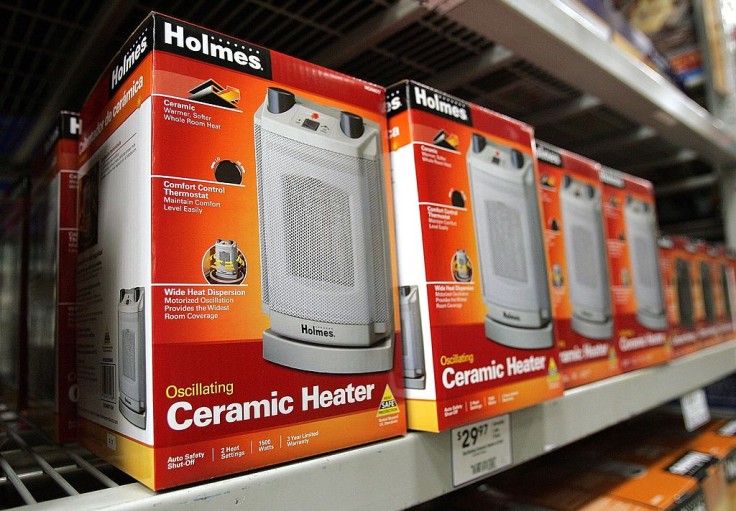
Space heaters bring more warmth and comfort to homes during the coldest days of the winter season. When heat from the radiator is not enough, or when it's too costly to keep this running, a space heater can be a good and economical alternative.
But after such a devastating fire in New York that took the lives of 17 people, blamed on a space heater, the U.S. Fire Administration, through administrator Lori Moore-Merrell issued a safety reminder to the public on how to properly use this heating appliance.
Space heaters should not be left unattended.
Per Moore-Merrell, one should treat space heaters like candles -- they should not be left unattended. As much as you don't leave a room with a candle burning, it should be the same for this gadget. It must not also be placed near anything flammable, such as curtains.
This should be placed in a flat and stable area out of children's or pets' reach because they could burn themselves or accidentally knock it over. If possible, put a barrier around the object that has proper ventilation but will keep out curious cats at the same time.
Never plug portable heaters on extension cords.
Directly plug space heaters on the wall socket and avoid using power strips or extension cords that may overheat. According to the Electrical Safety Foundation International, dedicate that power outlet for the space heater alone.
This heating appliance can generate up to 1,500 watts, regardless of size or shape. So, its electric source should also be powerful enough and not shared for other appliances. Don't forget to unplug the space heaters if you're leaving the house. If you need to leave the room, shut off the device as well.
Upgrade to a heater with an automatic shut-off feature.
The automatic shut-off feature is a safety function that can prevent the risks of causing a fire. It activates when the device starts heating or tips over. If you're still using an outdated model, it's time to upgrade to a better device. It might be a bit expensive, but if it's meant to save lives, then there's no reason to mull if it's a worthy investment.
Ditch unvented combustion space heaters as well, if you're still using these as they can cause carbon monoxide poisoning indoors or could quickly form molds. If your device has signs of damage or malfunction, don't think about using it. Bring it for repair or completely replace it if it's old.
Have working smoke detectors or alarms.
Since space heaters are prone to overheat, your house should have a working smoke detector or alarm. As much as possible, test the smoke detectors first before you plug in the heating device.
Once a month, double-check the smoke detectors and alarm, even if it's past the winter season, to ensure that the battery is still in good order. According to the National Fire Protection Agency, smoke detector replacement should be done every ten years, so make sure that yours at home is updated.